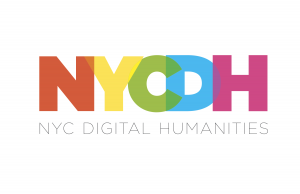Network Analysis for the Humanities
Virtual NY, United StatesThe world is full of networks and different topics of study in the humanities can make up networks: people, texts, ideas, etc. This workshop will introduce basics of network analysis for the humanist. We will learn how to design a network in order to answer research questions in the humanities, how to create and visualize [...]

